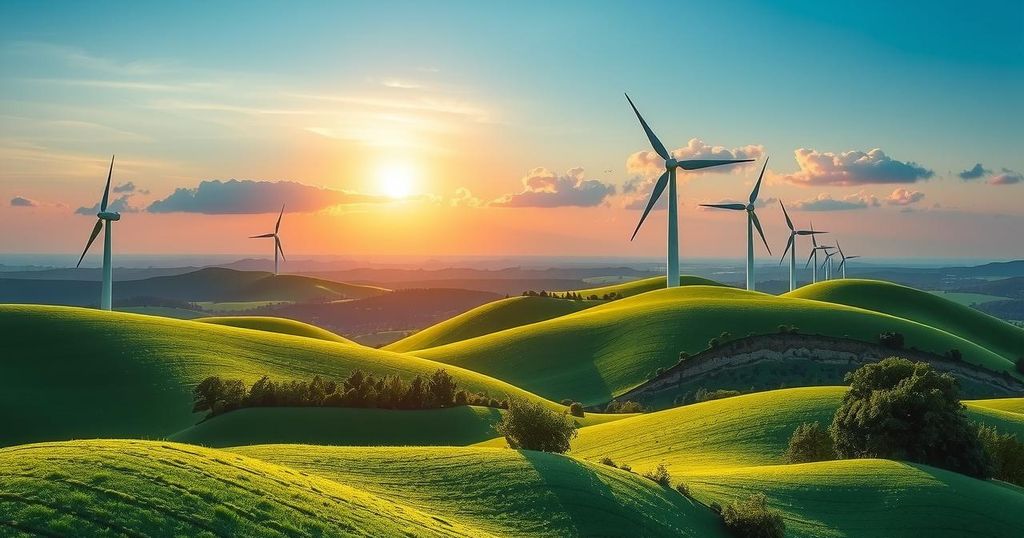The President of COP30, Andre Correa do Lago, urges nations to set their emission reduction goals ambitiously as they prepare for the upcoming climate conference in Brazil. With a deadline for new targets nearing and mounting climate impacts evident, the necessity for financial commitments to developing nations is critical. Brazil aims for robust climate action leadership despite its oil expansion efforts under President Lula.
The President of COP30, Andre Correa do Lago, emphasized that nations should set the most ambitious greenhouse gas emission reduction targets possible. In an interview with AFP, Correa do Lago articulated that countries must aim higher than their previous commitments and align their plans with the goal of limiting global warming to 1.5 degrees Celsius, a threshold already breached in the last two years.
With the February 10 deadline approaching for the new targets under the Paris Agreement, major contributors such as the European Union and China have yet to make their intentions clear. The urgency is underscored by January’s record high temperatures in Europe, indicating the pressing nature of climate change effects. Brazil, hosting COP30 in Belem, represents a pivotal moment as the conference is set in a region critical to the world’s ecological health.
The COP30 meeting occurs under challenging circumstances, notably following the United States’ withdrawal from the Paris Agreement under former President Trump. Despite this, Correa do Lago expressed optimism about collaborative discussions on climate actions, suggesting avenues through international frameworks like the G20 or the United Nations Framework Convention on Climate Change.
There remains ongoing dialogue on enhancing financial support for climate efforts, building on discussions from the recent Azerbaijan COP, which resulted in a pledge for $300 billion annually from developed nations to assist poorer countries. Correa do Lago aims to increase this financial commitment to $1.3 trillion, facilitating necessary support for the most affected regions.
Brazil, under President Luiz Inacio Lula da Silva, aspires to assume a leadership role in combating climate change, despite criticisms regarding its expansion of oil exploration. Although deforestation in the Amazon has decreased, the nation must navigate complex energy transition plans that vary based on country-specific circumstances. Correa do Lago pointed out that transitioning from traditional energy sources could take unconventional paths, referencing Germany’s coal resurgence following its nuclear phase-out.
The COP30 climate conference, set to occur in Brazil in November, highlights global climate negotiations amid increasing pressure to set stringent emission reduction targets. The Paris Agreement mandates that countries aim to limit climate change impacts, specifically maintaining temperature increases within 1.5 degrees Celsius above pre-industrial levels. The upcoming COP30 will address financial provisions for climate mitigation in developing nations, furthering the dialogue initiated at previous summits on climate financing and emission reductions.
In conclusion, the COP30 President advocates for nations to adopt highly ambitious emission reduction targets, stressing the urgent need to confront the climate crisis effectively. Discussions on financial aid are poised to be critical components of the conference, emphasizing aid to vulnerable countries. As climate realities intensify, the outcomes of the conference could significantly influence global commitment toward climate action and sustainable practices.
Original Source: www.france24.com




